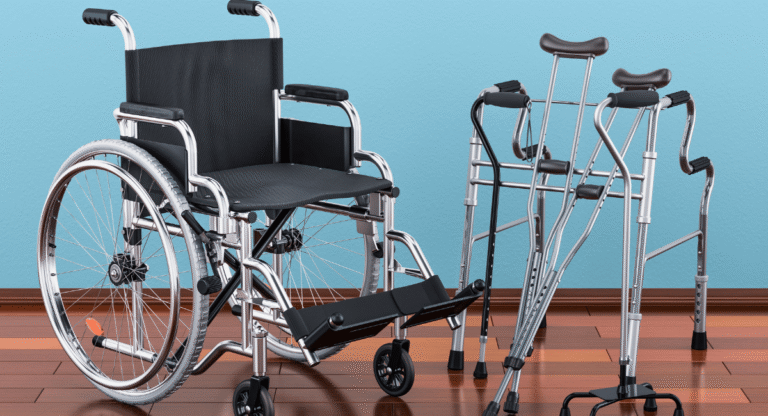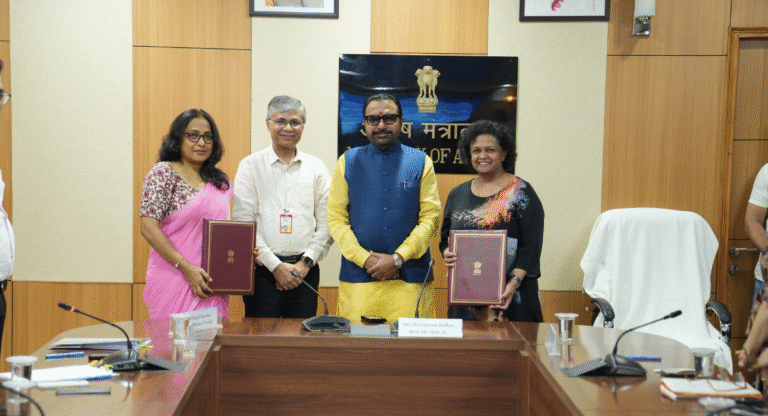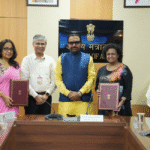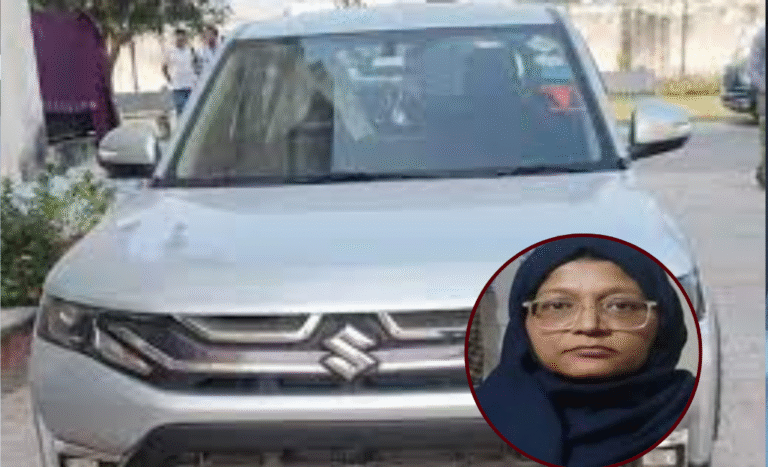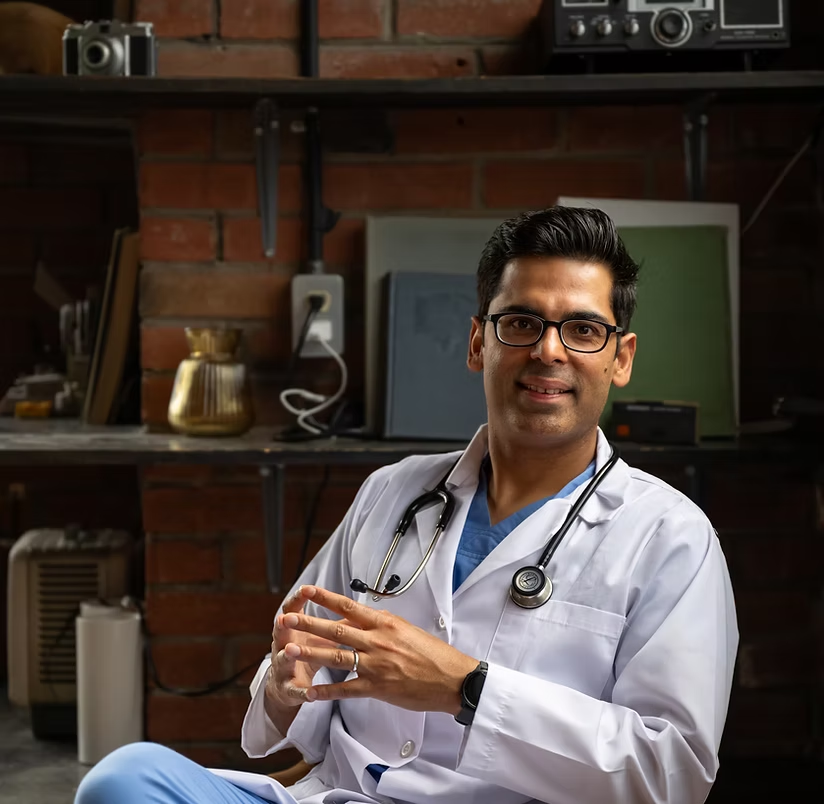
aiims gastroenterologist dr. saurabh sethi
Early detection of silent health risks could prevent major diseases, says expert of AIIMS
In a world where lifestyle diseases are on the rise, early detection remains the most effective way to prevent serious illnesses. According to a senior AIIMS gastroenterologist, three simple, inexpensive, and non-invasive medical tests can literally save your life — if taken on time. These tests, he emphasized, can uncover hidden health risks before symptoms appear, giving people the chance to seek early treatment and avoid life-threatening complications.
The Importance of Preventive Health Screening
Speaking at a recent health awareness seminar at the All-India Institute of Medical Sciences (AIIMS), New Delhi, Dr. Rajesh Kumar, Senior Consultant, Department of Gastroenterology, highlighted that India is witnessing a sharp rise in lifestyle-related diseases such as liver disorders, digestive cancers, obesity, and metabolic syndrome.
“People often wait for symptoms before visiting a doctor. But by the time you feel discomfort, the disease may already be in an advanced stage,” Dr. Kumar explained. “Three simple tests — Liver Function Test (LFT), Ultrasound Abdomen, and Stool Occult Blood Test — can reveal hidden dangers long before they turn serious.”
1. Liver Function Test (LFT): The Silent Guardian
The liver, one of the most vital organs, quietly performs over 500 functions, including detoxification, digestion, and nutrient processing. Yet, liver diseases often go unnoticed until irreversible damage occurs.
Dr. Kumar said, “The Liver Function Test is a basic blood test that checks the levels of key enzymes and proteins like SGPT, SGOT, bilirubin, and albumin. Abnormal levels may indicate fatty liver, hepatitis, or even early liver failure.”
He added that non-alcoholic fatty liver disease (NAFLD) is emerging as a major health concern in urban India, often linked to poor diet, obesity, and sedentary lifestyles.
“Even people who don’t drink alcohol are developing fatty liver due to excessive sugar and processed food consumption. An annual LFT can help catch this early and prevent cirrhosis or liver cancer,” he cautioned.
2. Abdominal Ultrasound: A Window into Internal Health
The abdominal ultrasound is another essential test recommended by gastroenterologists for early detection of abnormalities in the liver, pancreas, gallbladder, kidneys, and intestines.
“It’s a simple, painless scan that takes only 10–15 minutes,” Dr. Kumar said. “Many patients discover gallstones, liver fat accumulation, or cysts incidentally through this test. Detecting them early prevents the need for complex surgeries later.”
According to AIIMS data, nearly one in three adults above 35 years shows early signs of fatty liver or gallbladder issues during routine ultrasound check-ups.
Dr. Kumar urged people above 30 to undergo an ultrasound every 2–3 years, especially if they experience symptoms like bloating, acidity, unexplained fatigue, or weight fluctuations.
3. Stool Occult Blood Test: Early Warning for Cancer
Perhaps the most underestimated yet life-saving test is the Stool Occult Blood Test (OBT), which detects hidden (occult) blood in the stool — an early indicator of colon or stomach cancer, ulcers, or intestinal inflammation.
“Colorectal cancer is one of the fastest-growing cancers in India, and it often goes unnoticed because symptoms appear late,” Dr. Kumar warned.
“This test costs less than ₹300 and can detect cancerous or pre-cancerous changes early, when treatment is most effective.”
He explained that if the OBT result is positive, doctors usually recommend a colonoscopy for a detailed examination. “In most cases, early detection can completely change the outcome. Colon cancer caught in Stage I has a survival rate of over 90%,” he added.
Why Indians Avoid Preventive Tests
Despite the availability of affordable diagnostics, preventive screening rates in India remain low. Dr. Kumar attributed this to lack of awareness, fear of diagnosis, and cultural attitudes that associate medical testing with illness.
“People don’t hesitate to buy the latest phone, but hesitate to spend ₹1,000 on a preventive check-up that could save their life,” he said. “The mindset needs to shift from treatment to prevention.” They takes health very casual.
Health experts at AIIMS also pointed out that early detection significantly reduces treatment costs. For instance, treating advanced liver disease can cost several lakhs, while an annual preventive package costs less than a dinner outing.
Simple Lifestyle, Regular Screening
Dr. Kumar emphasized that these three tests are especially crucial for individuals with risk factors such as:
- Family history of liver or colon diseases
- Regular alcohol consumption
- High-fat or processed diet
- Obesity and diabetes
- Chronic stress or sedentary lifestyle
He advised combining these tests with a few basic lifestyle habits — balanced diet, hydration, reduced sugar intake, regular exercise, and adequate sleep.
A Message for All Age Groups
While people over 40 are often advised to go for health check-ups, Dr. Kumar stressed that screening should start much earlier.
“Young adults today are facing lifestyle disorders that were once seen only in older people. Even at 30, it’s wise to get these tests done once every 1–2 years,” he said.
The AIIMS gastroenterologist concluded with a reminder:
“Your body whispers before it screams. These three tests are your early warning system — they can literally save your life.”
Key Takeaway
Health experts unanimously agree: early screening and awareness can drastically reduce India’s rising disease burden. As Dr. Kumar and the AIIMS team continue to promote preventive healthcare, one message stands out loud and clear — “Don’t wait for symptoms. Test early, live longer.”





